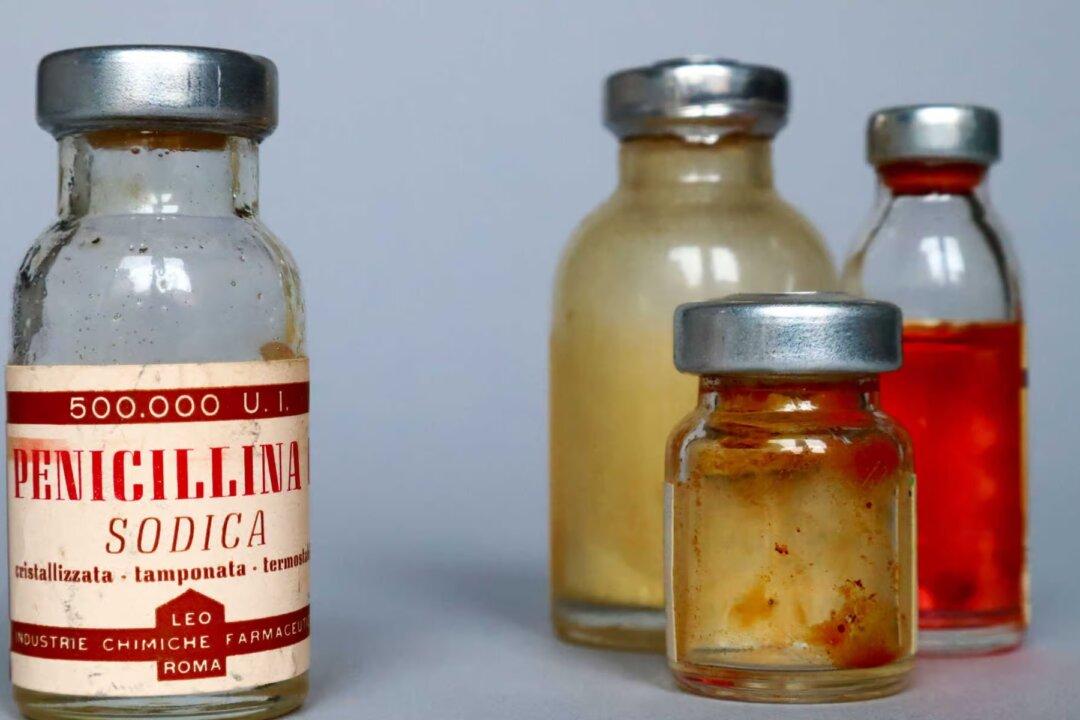Commentary
The first evidence of lost knowledge in 2020 concerned natural immunity. How in the world did it come to be that people didn’t generally know that for respiratory viruses, infection and recovery is the best vaccine?

The first evidence of lost knowledge in 2020 concerned natural immunity. How in the world did it come to be that people didn’t generally know that for respiratory viruses, infection and recovery is the best vaccine?